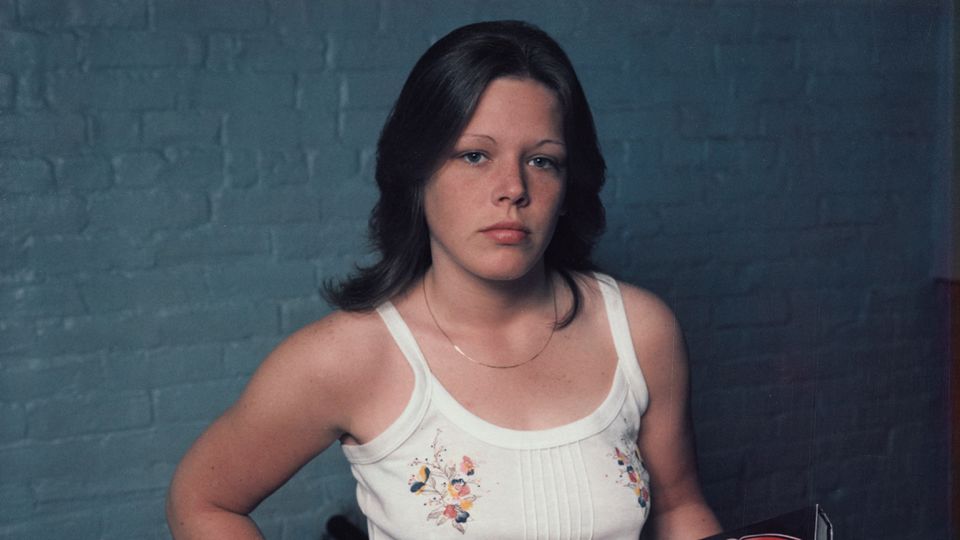Jack Lueders-Booth’s new book, “Women Prisoner Polaroids,” features 32 intimate photographs of female inmates at Massachusetts Correctional Institute Framingham. The photographs show inmates wearing their own clothes and posing in cells adorned with personal items, creating a sense of warmth and humanity uncommon in portrayals of incarceration. The prison, established in 1878 as a reformatory for women who had children out of wedlock, had transitioned by the 1970s to holding women for crimes like shoplifting and sex work. Under the early objectives set by the prison’s first superintendent Miriam Van Waters, inmates were encouraged to maintain their identity and create a sense of home within the prison environment.
Photographer Jack Lueders-Booth had initially expected to spend a year teaching photography at the prison as part of his master’s thesis, but ended up staying from 1977 to 1984. Alongside his daughter Laura, he ran a photography course for female inmates, initially starting with photograms and moving on to portraiture. Despite initial apprehension from both sides, Lueders-Booth and the inmates quickly developed trust and rapport, leading to a rewarding and impactful experience for both parties. The Polaroid pictures captured during this time were not initially planned, but eventually became a significant project for Lueders-Booth.
The photographs in Lueders-Booth’s book are accompanied by prisoners’ oral histories of their time at the prison, providing a deeper insight into the lives and experiences of the women depicted. The photographer recalls feeling that he was making a meaningful contribution during his time at the prison, as he became increasingly trusted by both the staff and inmates. The book also includes anonymous testimonies from the women, which add a contrasting perspective to the calm and composed images. Lueders-Booth highlights the complexity of each individual’s story, emphasizing that a person’s identity as a prisoner is just one aspect of their experience.
Lueders-Booth reflects on the larger societal issues at play in the incarceration of these women, noting that many were economically determined and shaped by their circumstances. He emphasizes the humanity and individuality of the women he worked with, recognizing them as victims of systemic inequalities and unfair circumstances. The photographer’s continued engagement with the prison and its inhabitants over the years deepened his understanding of the complexities of the prison system and the impact it has on the lives of those within it. Despite the challenges and injustices faced by the women, Lueders-Booth’s work seeks to humanize and honor their stories.
The book “Women Prisoner Polaroids” serves as a testament to the resilience, dignity, and humanity of the women incarcerated at Massachusetts Correctional Institute Framingham. Through the intimate portraits and accompanying narratives, Lueders-Booth sheds light on the individual experiences and struggles of these women, challenging the viewer to see beyond the label of “prisoner” and recognize the fullness of each person’s identity. The book invites readers to engage with the complex and often overlooked realities of incarceration, highlighting the importance of empathy, understanding, and compassion when considering the lives of those affected by the criminal justice system.


